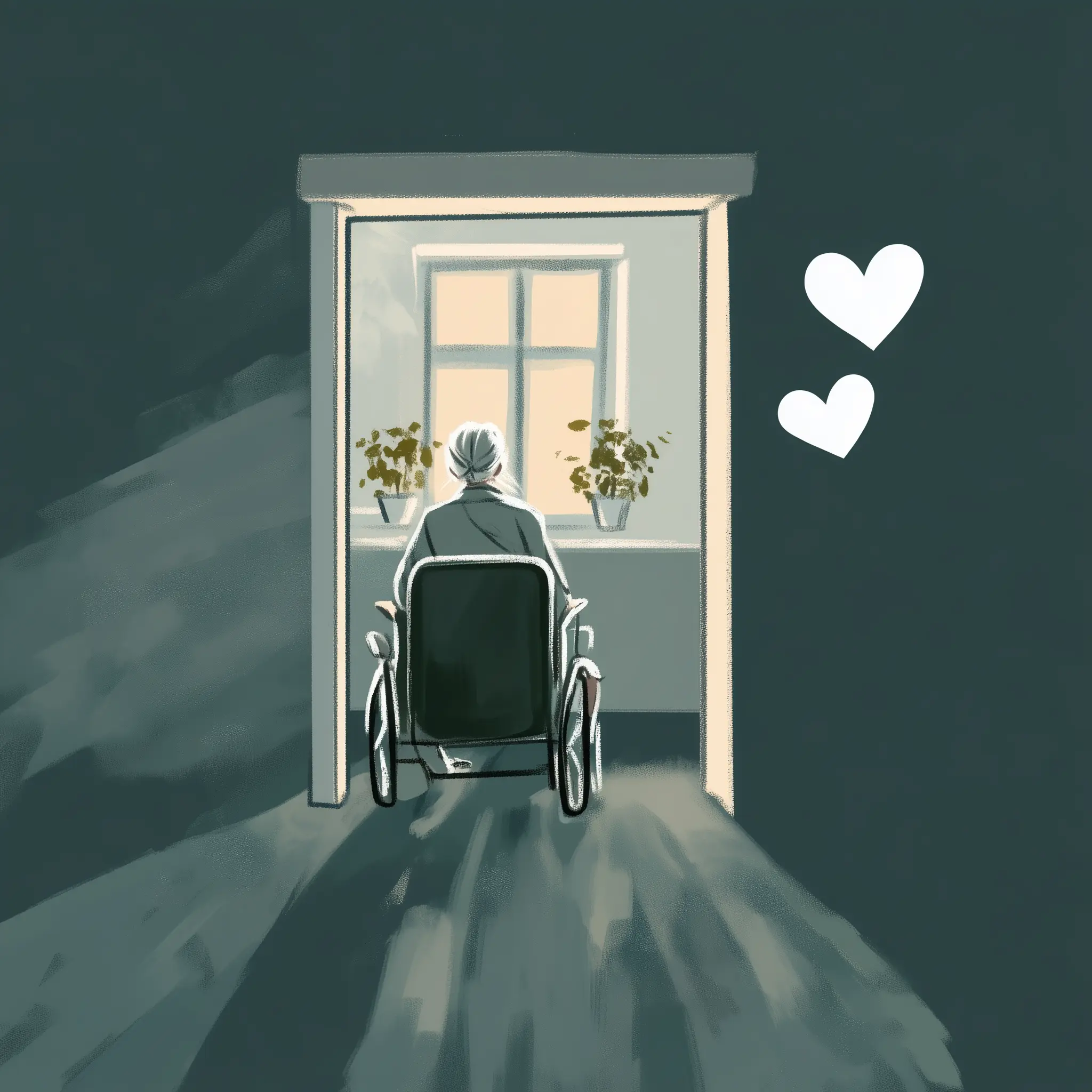
Caring For Someone With Heart Failure Towards The End Of Life
- Published on
- Authors
-
- Author
- HP Homecare
-
Caring for someone nearing the end of life due to heart failure is a profoundly significant role filled with emotional challenges and practical demands. Heart failure, a debilitating condition where the heart is unable to pump sufficiently to meet the body’s needs, requires comprehensive care—a blend of medical management, emotional support, and often, palliative care interventions.
Understanding Heart Failure and Palliative Care Needs
Heart failure progresses through stages, with the end stage being the most severe, demanding intensive management strategies. At this stage, symptom relief and quality of life become the primary focus, with treatments aimed less at curing the disease and more at providing comfort.
Palliative Care Integration: Palliative care for heart failure patients is nuanced. It’s aimed at not just managing physical symptoms such as breathlessness, fatigue, and pain, but also addressing psychological, social, and spiritual needs.
Practical Steps in Managing Day-to-Day Care
Handling the day-to-day care of someone with end-stage heart failure requires meticulous attention to detail and an organized approach:
- Symptom Management: Regularly monitor and record symptoms to report to healthcare providers for timely adjustments in treatment.
- Diet and Fluid Management: Heart failure patients often need a carefully controlled diet with restricted fluid intake to prevent fluid overload, which can exacerbate heart symptoms.
- Medication Adherence: Ensure medications are taken as prescribed to manage symptoms and potentially slow the progression of the disease.
Emotional and Psychological Support
The emotional burden of heart failure can be heavy for both patients and carers. Effective support includes:
- Communication: Encourage patients to express their feelings and fears about their condition and future.
- Support Networks: Engage with community resources and support groups for both carer and patient to reduce feelings of isolation and stress.
- End-of-Life Planning: Discuss end-of-life wishes early, which can provide peace of mind to everyone involved.
Providing Comfort in End-of-Life Stages
In the final stages, comfort is paramount. This can mean adjusting living spaces to be more accessible, managing pain effectively with the help of healthcare professionals, and maintaining a calm, comforting environment.
Final Words: Living with or caring for someone with end-stage heart failure is a deeply personal experience that is both challenging and rewarding. It’s crucial to seek and accept help, whether from family, friends, healthcare teams, or palliative care specialists, to navigate this journey. With supportive care, the focus remains on the quality of life and making each day meaningful and as comfortable as possible for everyone involved.